LITERARY WOMEN
Celebrating Women Authors Since 1982
View all of our past selections or filter by year or genre
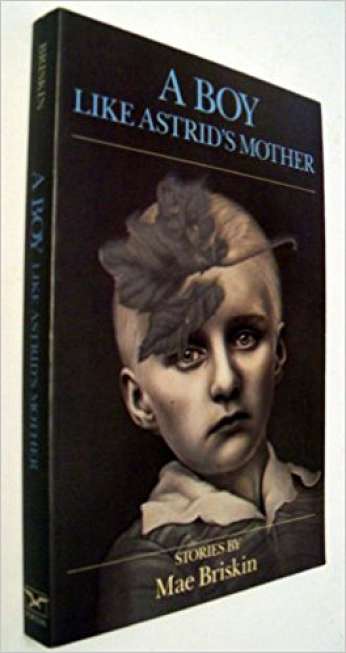
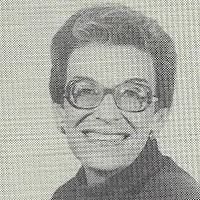
Mae Briskin
Mae Briskin, who did not start writing until age 45, has achieved wide recognition for her collection of short stories, A Boy Like Astrid’s Mother. The book received the 1989 PEN American Center West Award for Fiction (Short Story Category), Los Angeles Times “Critics Choice” and other honors. Her exquisitely wrought stories restore the reader’s faith in humanity and give insight into the feelings and connections between people. She has a new book which will be available in the Fall of 1990
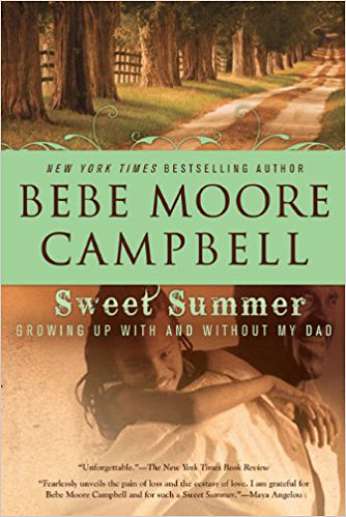
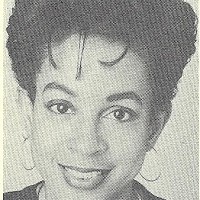
Bebe Moore Campbell
Bebe Moore Campbell brings us a sensitive, lyrical account of growing up “with and without my father” in her autobiographical Sweet Summer, a winner of the National Endowment for the Arts Literature Grant, the National Association of Negro Business and Professional Women’s Literature Award and the Midwestern Radio Theatre Workshop Competition. She is also the author of Successful Women, Angry Men: Backlash in the Two-Career Marriage.
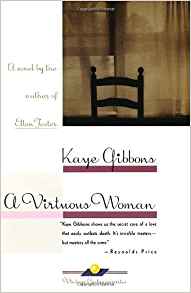
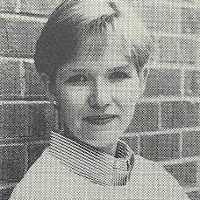
Kaye Gibbons
Kaye Gibbons’ heart-wrenching first novel, Ellen Foster, received the Sue Kaufman Prize of the American Academy and Institute of the Arts and Letters. Her second, A Virtuous Woman, confirms the promise of this young North Carolina writer’s talent and power. Her unforgettable characters are strong and unflinching in facing lives of “quiet desperation”, in her beautifully crafted stories that have received rave notices from reviewer and readers all over the United States, as well as in England and France.
Visit Kaye Gibbons’s website ›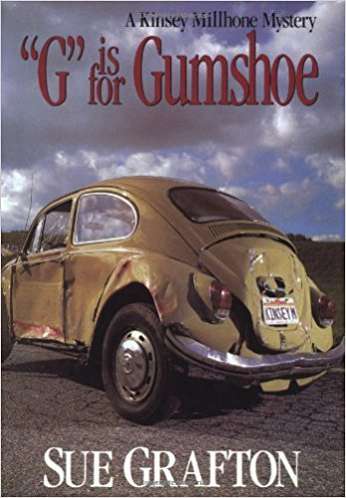
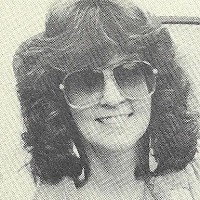
Sue Grafton
Sue Grafton’s private eye Kinsey Milhone, strong, brave, independent, caring, and funny, stars in her own alphabet: A is for Alibi, B is for Burglar, C is for Corpse, D is for Deadbeat, E is for Evidence, F is for Fugitive and, due next May G is for Gumshoe. When the alphabet has been used up, fans hope Sue will number her books to infinity.
Visit Sue Grafton’s website ›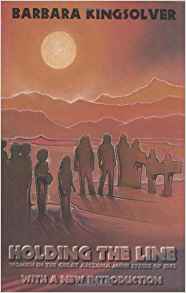
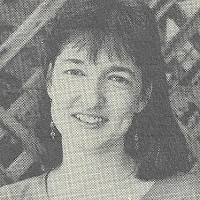
Barbara Kingsolver
Add Barbara Kingsolver’s distinctive voice to those who write vividly and authentically about women. Publisher’s Weekly hailed her first novel, The Bean Trees, as “an overwhelming delight, as random and unexpected as real life.” The New York Times Book Review found in the characters of Homeland, her collection of twelve short stories, “a moral toughness…that one sees in real people everywhere but rarely in recent American short stories.” Most recently, in her nonfiction book Holding the Line, she has turned her attention to the roles played by women in the copper mine strike of 1983.
Visit Barbara Kingsolver’s website ›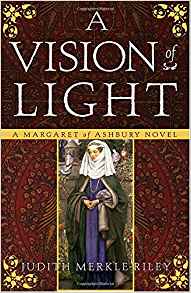
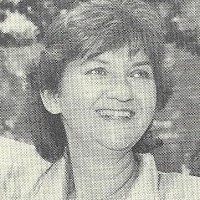
Judith Merkle Riley
Judith Merkle Riley’s long time interest in the fourteenth century led her to write her first novel, A Vision of Light, in which the narrator is a remarkable woman, whose scribe is an impoverished priest. Ms. Riley’s research led to primary sources in the Huntington Library, which accounts for the rich detail she has woven into the exciting adventures of a heroine for all times.
Visit Judith Merkle Riley’s website ›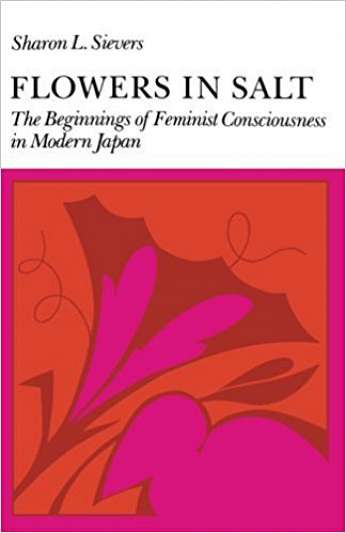
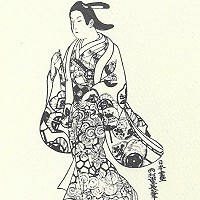
Sharon Sievers
Flowers in Salt is Sharon Sievers engrossing study of the birth of feminist consciousness in modern Japan. Sievers chronicles the early struggles of Japanese women - often against formidable odds - to improve their status and create a fragile legacy for future generations. Flowers in Salt has been called a classic example of the best uses of women’s history. It is important reading for those interested in understanding modern Japan as well as women’s struggle for equality.
Visit Sharon Sievers’s website ›